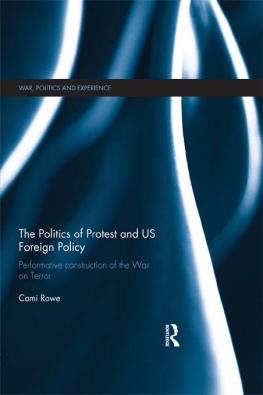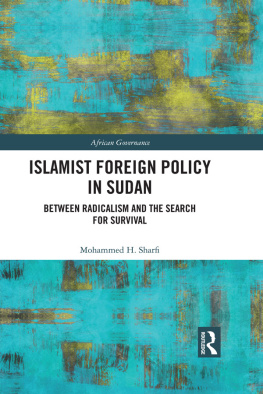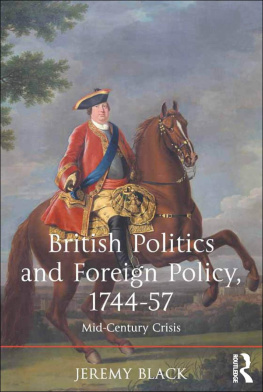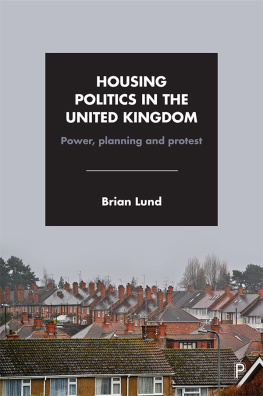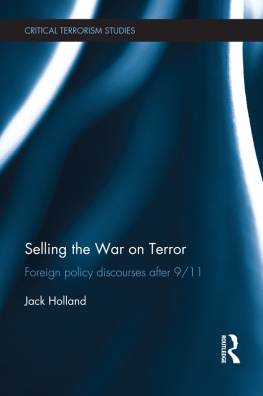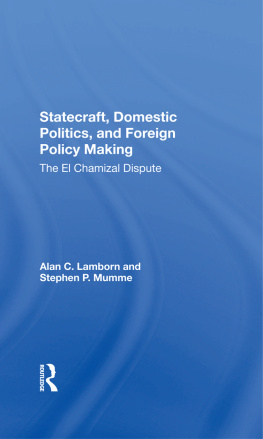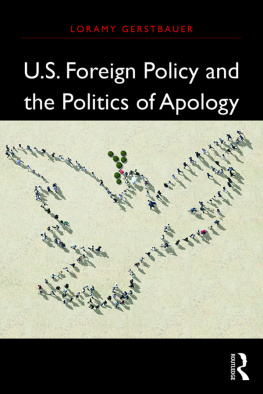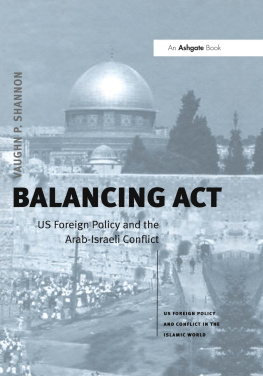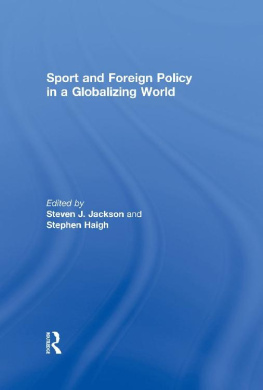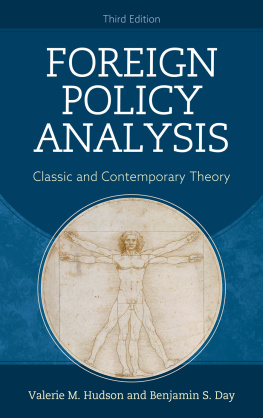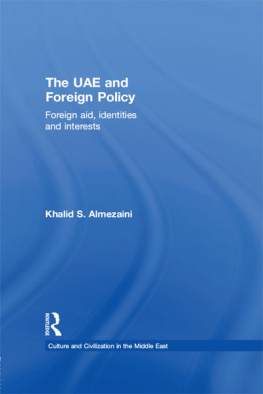The Politics of Protest and US Foreign Policy
This book offers a study of post-9/11 anti-war organizations in the United States and their role in domestic foreign policy debates.
The moment of the 9/11 terrorist attacks has been much cited in political and cultural scholarship and much attention has been paid to the promotion of War on Terror policies. The social mechanisms behind the circumscription and regulation of national ideals attracted critical analyses from scholars across disciplines; yet the prevalence of scholarly concern with the negative political devices of the Bush Administration at times seemed to risk reproducing the hierarchies of power that underpinned the very issue of concern, and even the War on Terror itself,
By contrast, this book celebrates the political acts of individuals committed to changing the dominant politics of the Bush era. Drawing on participant observation and interviews with the leaders of prominent anti-war organizations including Code Pink and Iraq Veterans Against the War, the book employs Performance Theory to evaluate the capacity of protest to effect lasting social change. In addition to highlighting an often overlooked aspect of foreign policy formation, this volume demonstrates that Performance Studies can be used as an innovative approach to Politics and IR.
This book will be of much interest to students of US politics and foreign policy, theatre studies, cultural studies, and critical security and international relations.
Cami Rowe has a PhD in International Relations from the Lancaster University and an MA in Drama Studies from University College Dublin.
Series: War, Politics and Experience
Series Editor: Christine Sylvester
Experiencing War
Edited by Christine Sylvester
The Political Psychology of War Rape
Studies from Bosnia and Herzegovina
Inger Skjelsbk
Gender, Agency and War
The maternalized body in US foreign policy
Tina Managhan
War, Feminism and International Relations
Christine Sylvester
War and the Body
Militarisation, practice and experience
Edited by Kevin McSorley
The Politics of Protest and US Foreign Policy
Performative construction of the War on Terror
Cami Rowe
The Politics of Protest and US Foreign Policy
Performative construction of the War on Terror
Cami Rowe
First published 2013
by Routledge
2 Park Square, Milton Park, Abingdon, Oxon OX14 4RN
Simultaneously published in the USA and Canada
by Routledge
711 Third Avenue, New York, NY 10017
Routledge is an imprint of the Taylor & Francis Group, an informa business
2013 Cami Rowe
The right of Cami Rowe to be identified as author of this work has been asserted by her in accordance with sections 77 and 78 of the Copyright, Designs and Patents Act 1988.
All rights reserved. No part of this book may be reprinted or reproduced or utilized in any form or by any electronic, mechanical, or other means, now known or hereafter invented, including photocopying and recording, or in any information storage or retrieval system, without permission in writing from the publishers.
Trademark notice: Product or corporate names may be trademarks or registered trademarks, and are used only for identification and explanation without intent to infringe.
British Library Cataloguing in Publication Data
A catalogue record for this book is available from the British Library
Library of Congress Cataloging-in-Publication Data
Rowe, Cami, 1976- author.
The politics of protest and US foreign policy : performative construction of the war on terror / Cami Rowe.
pages cm. (War, politics and experience)
Includes bibliographical references and index.
1. War on Terrorism, 20012009Protest movements. 2. Peace movementsUnited States. 3. United StatesForeign relations2001I. Title.
HV6431.P638 2013
973.931dc23
2012035144
ISBN: 978-0-415-52390-5 (hbk)
ISBN: 978-0-203-58484-2 (ebk)
Typeset in Times New Roman
by Wearset Ltd, Boldon, Tyne and Wear
To Russell
Contents
Illustrations
Acknowledgements
This book began life as a PhD thesis at Lancaster University, and since it has evolved over a period of several years the number of individuals who have left their mark in these pages is vast. It is impossible to mention the names of all those I have learned from and collaborated with; I am thankful though to all those people who have offered me comments, criticisms and encouragement along the way.
First and foremost I am deeply grateful to Christine Sylvester, who took on the supervision of my PhD thesis when I was still struggling to reconcile my Performance background with my Politics and IR aspirations. Her open-minded encouragement and support are largely responsible for the work that resulted, and her warmth and generosity have been invaluable to me. If not for her insistence to stretch beyond the ordinary remit of IR and Performance, I might still be trying to masquerade in one discipline or another.
Several other individuals have provided me with advice and support in an academic context. Foremost among these is Stephen Chan, who has offered me sage insight and support, and urged me to get on with the task of transforming my research into a book. Also I am grateful to my friend and former Lancaster colleague Swati Parashar, without whom academic life would have been far less interesting. I consider myself extremely fortunate to have been involved with the Experiencing War workshops at Lancaster University, Gothenburg University and Lund University the creative and open minds I have encountered at these events have greatly enriched my own work. I also need to thank those individuals who contributed to my development as a Performance Studies scholar, especially Eamonn Jordan and Cathy Leeney from the Drama Studies Centre at University College Dublin. From Cathy I honed my interest in Feminist and Postcolonial Theory, and it was Eamonn who first turned me on to carnival.
I am of course most indebted to the many members of Code Pink and Iraq Veterans Against the War who met with me on many occasions and welcomed me into their midst. I truly appreciate the warm camaraderie that was extended to me over the course of my research. I am also appreciative of the many emails, news stories and photographs which these individuals contributed in support of this project. I cannot name them all, but I am particularly grateful to Code Pink for allowing me to stay in the Pink House in 2008 and participate in such an array of events; likewise, IVAW invited me to Winter Soldier and many individual members have spoken with me about their experiences and goals. The photographs reproduced in this book were kindly contributed by Code Pink, and I am most grateful to Rae Abileah for guiding me through the rich history of that organization. Throughout the early part of 2012 I met with activists across the United States, from Code Pink and IVAW but also from other national organizations and local anti-war projects. I frequently asked them to ponder the most annoyingly broad and philosophical questions, which they did with grace and enthusiasm. In living rooms, kitchens, town squares, Occupy encampments and cafes I have been provided with more genuine insight into grassroots politics than I ever thought possible. I hope that something of these individuals creativity and passion is conveyed in the chapters to follow.


